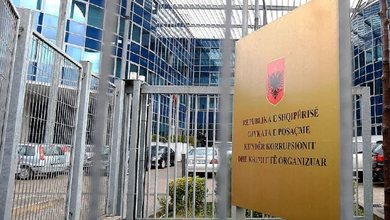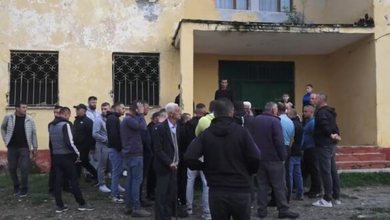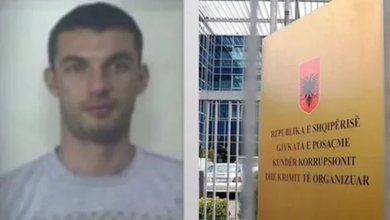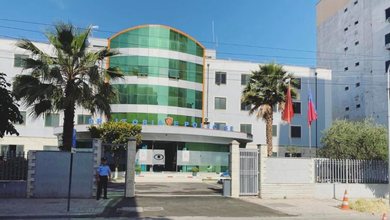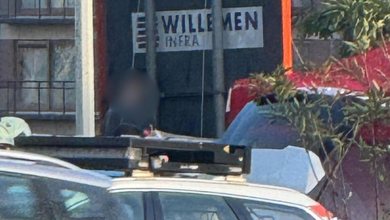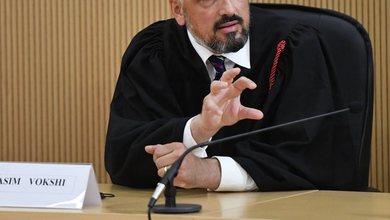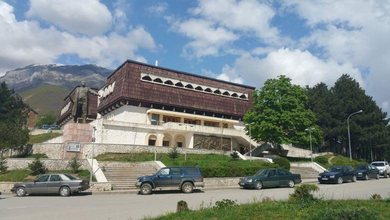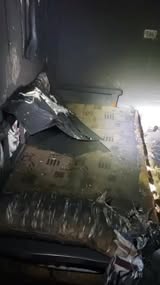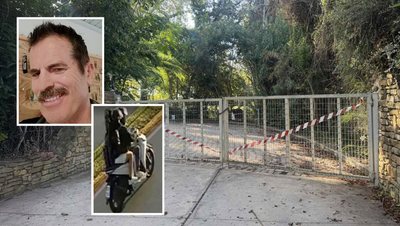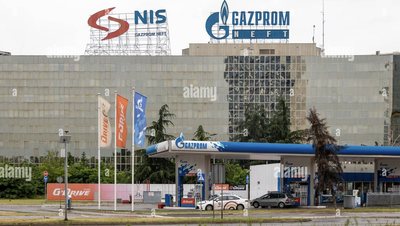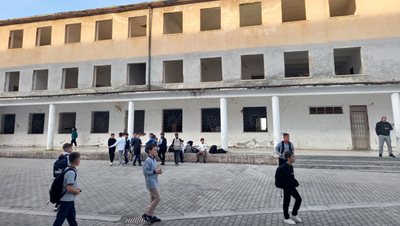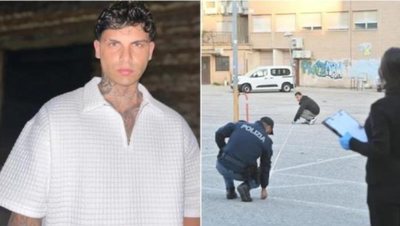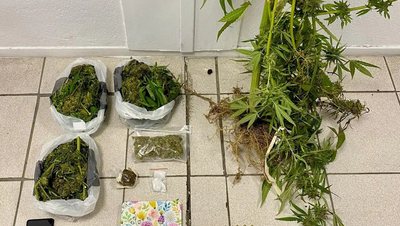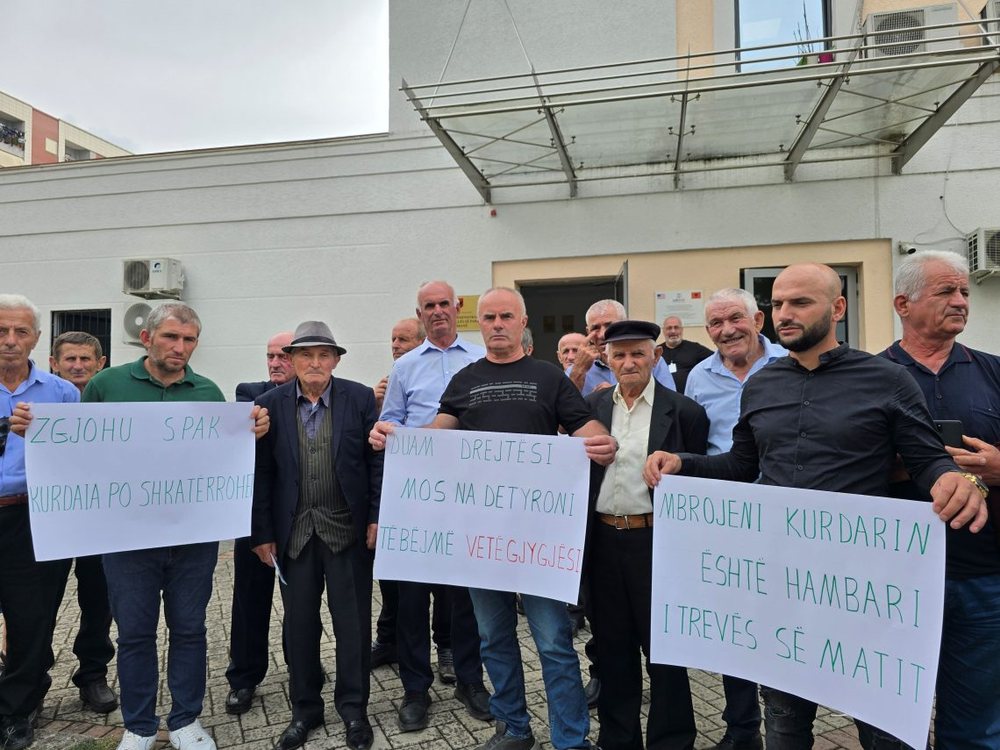
In response to a letter from residents, the European Union delegation in Tirana says it will raise during negotiations the concerns of residents in a village in Klos over the construction of a hydroelectric power plant without their consultation.
The European Union delegation in Tirana has promised residents of the village of Kurdari in Klos that it will raise their concerns about the permit for the construction of a hydroelectric power plant on the village's river in discussions with the Albanian government, according to correspondence obtained by BIRN.
In response to a letter from residents of the area, the EU Delegation to Albania says that while it “has no legal mandate to intervene in specific matters, it will follow up on this case in the dialogue it is developing with Albanian government institutions during the accession negotiation process.”
While opposing the construction of the “Doma” hydroelectric power plant on the Lusa River, residents have addressed national and international institutions, including the European Union Delegation in Tirana, denouncing the lack of public consultation, the environmental consequences and the pressures of the company “Global Enterprise Group”. They say the project endangers drinking water, agricultural lands and the livelihoods of hundreds of families, while they have asked European institutions to intervene to protect their rights.
In their letter, the residents refer to EU standards for environmental protection and community involvement in decision-making, stressing that ignoring their concerns conflicts with Albania's obligations as a candidate country. They recall that the Aarhus and Espoo Conventions, which require transparency and citizen participation, are part of the obligations the country must fulfill in the integration process.
The European Union Delegation to Albania has officially responded to the residents' complaint, confirming that it has reviewed their claims and documents. "The European Union attaches great importance to citizens' rights, property rights and respect for and protection of the environment. These principles are key priorities set by the EU for Albania's European integration process," the response states.
However, the Delegation has clarified that it cannot intervene directly in such issues, but that it will raise them in talks with the government.
Concerns about the lack of consultation of the parties and the conflict on the ground are directly affecting Albania's progress towards the European Union, a concern consistently addressed in EU reports.
Environmental and climate expert Rodion Gjoka explains that the main obstacle is not legislation, but action in practice.
“The laws have come closer to those of the EU, but what is missing is implementation,” Gjoka said. “To move forward in the integration process, the country must focus on strengthening the implementation mechanisms: We have neither the people, nor the technical resources, nor the qualified institutions to ensure that the laws are implemented,” Gjoka added, while hoping that the resolution of this conflict will come not only “for the sake of integration, but for the sake of developing domestic interests.”
The conflict between local communities and private developers in Albania, according to Gjoka, is a recurring problem and not an isolated case. “This ongoing conflict is deliberately caused by the amendment of the law on environmental impact assessment, which removed public hearings. This has left communities without a voice,” he said, adding that “the exploitation of natural resources is done only for private interest.”
The issue of the construction of the “Doma” hydroelectric power plant on the Lusa River has already become a legal battle. Residents are demanding the absolute invalidity of the decisions of the Municipal Council, the contracts concluded with the company, as well as the permits granted for the use of water and the construction of the hydroelectric power plant. In the coming days, residents have warned that they will move their protest to Tirana, in front of the Parliament and line ministries. This is with the aim of finally stopping the project.
In Dibër, as well as in several other areas of Albania, residents have expressed similar concerns regarding hydropower projects, demanding protection of the environment and their rights.
Along similar lines, the European Parliament in July 2025 urged the Albanian authorities to withdraw from the Skavica project, emphasizing the obligation to respect EU standards and involve citizens in decision-making./BIRN



